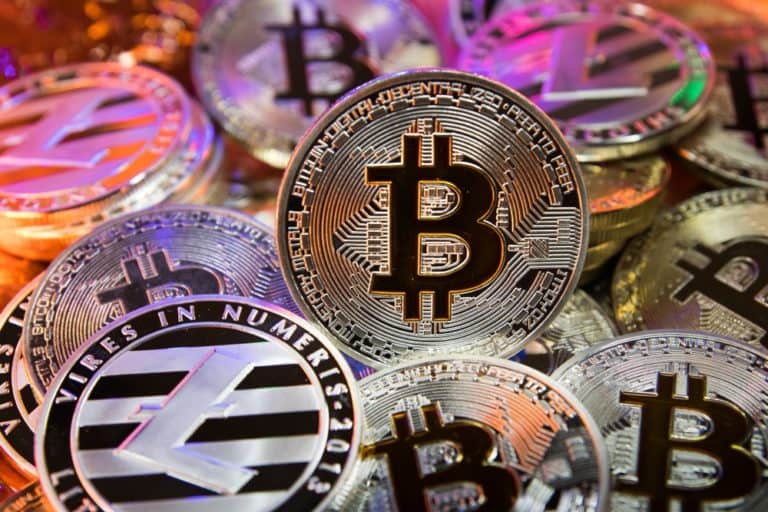Google announced yesterday that it is reversing an earlier decision to completely ban advertisements around cryptic currency. From now on, certain regulated crypto-foreign exchanges will be able to advertise in the United States and Japan. This means that the policy is loosened up a little.
That reports Google in a short message in which it states it will review its policy on financial products and services. In the course of October, the new rules will enter into force. However, advertisers must be certified with Google for the country in which their ads are displayed. Once the policy is in place, advertisers can sign up for it.
Completely stopped
Last March, Google decided to stop advertising on cryptographic currency altogether. These were unregulated, but also speculative financial products, which Google wanted to prohibit from introducing better standards. At the same time, the intention to improve the advertising experience on the internet was also central.
The better standards are part of the Coalition for Better Ads. This is a collaboration in which large advertisers work on less disturbing advertisements on the internet. If, for example, your entire browser window is taken over, or an advertisement automatically plays music, this is experienced as annoying and advertisers no longer want to encourage this.
Flexible policy
Googles move again follows a decision of Facebook. This decision was taken in March after Facebook also refused to allow advertisements around cryptographic currency. The social network of CEO Mark Zuckerberg then came back to this. Now Google does the same as Facebook.
Google’s new policy applies worldwide to all accounts that advertise around cryptographic currency. While the decision to advertise the crypto-currency exchanges caused the bitcoin – the world’s largest crypto-currency – to fall by ten percent, this decision did not have a noticeable impact.
This news article was automatically translated from Dutch to give Techzine.eu a head start. All news articles after September 1, 2019 are written in native English and NOT translated. All our background stories are written in native English as well. For more information read our launch article.